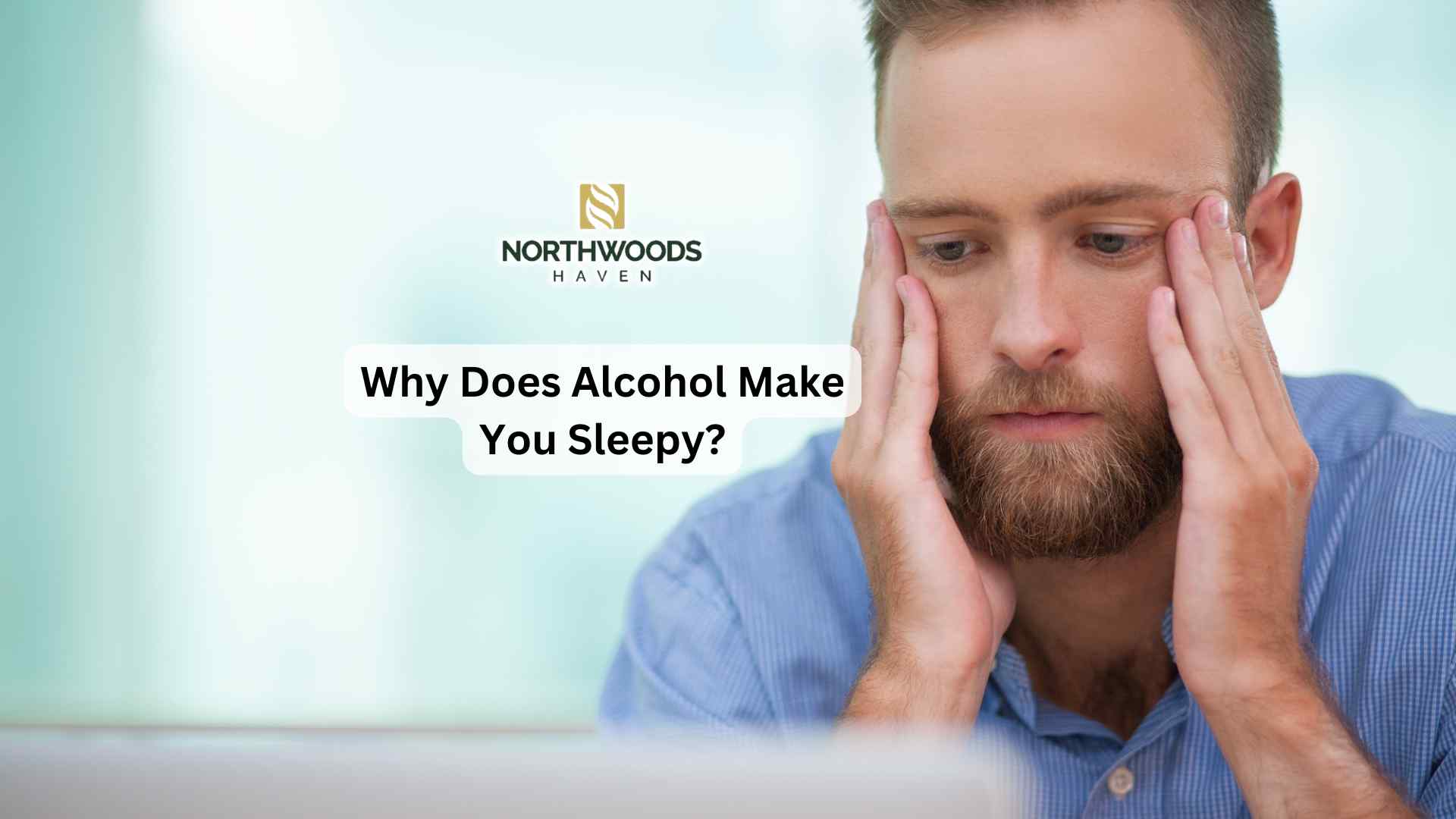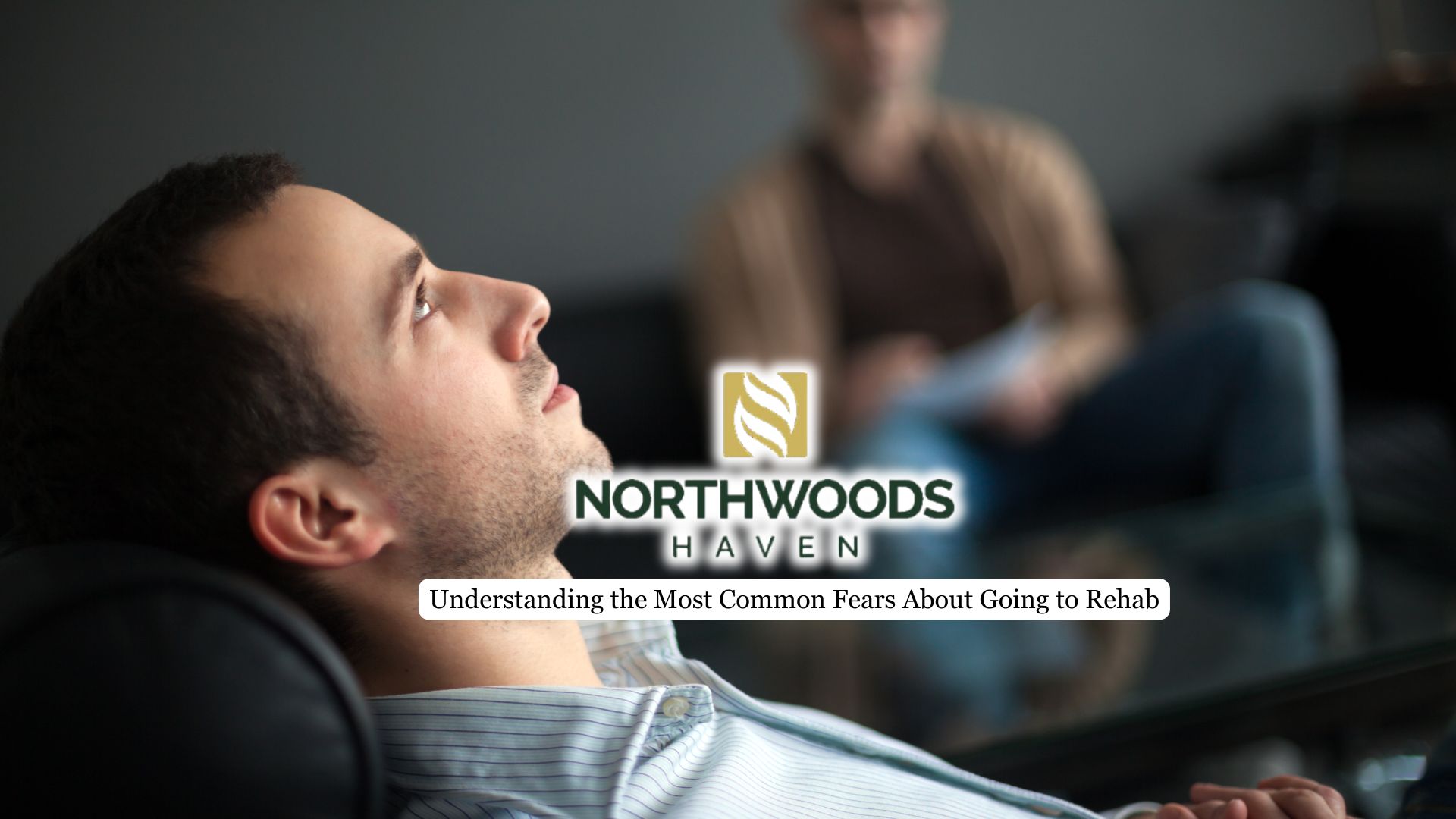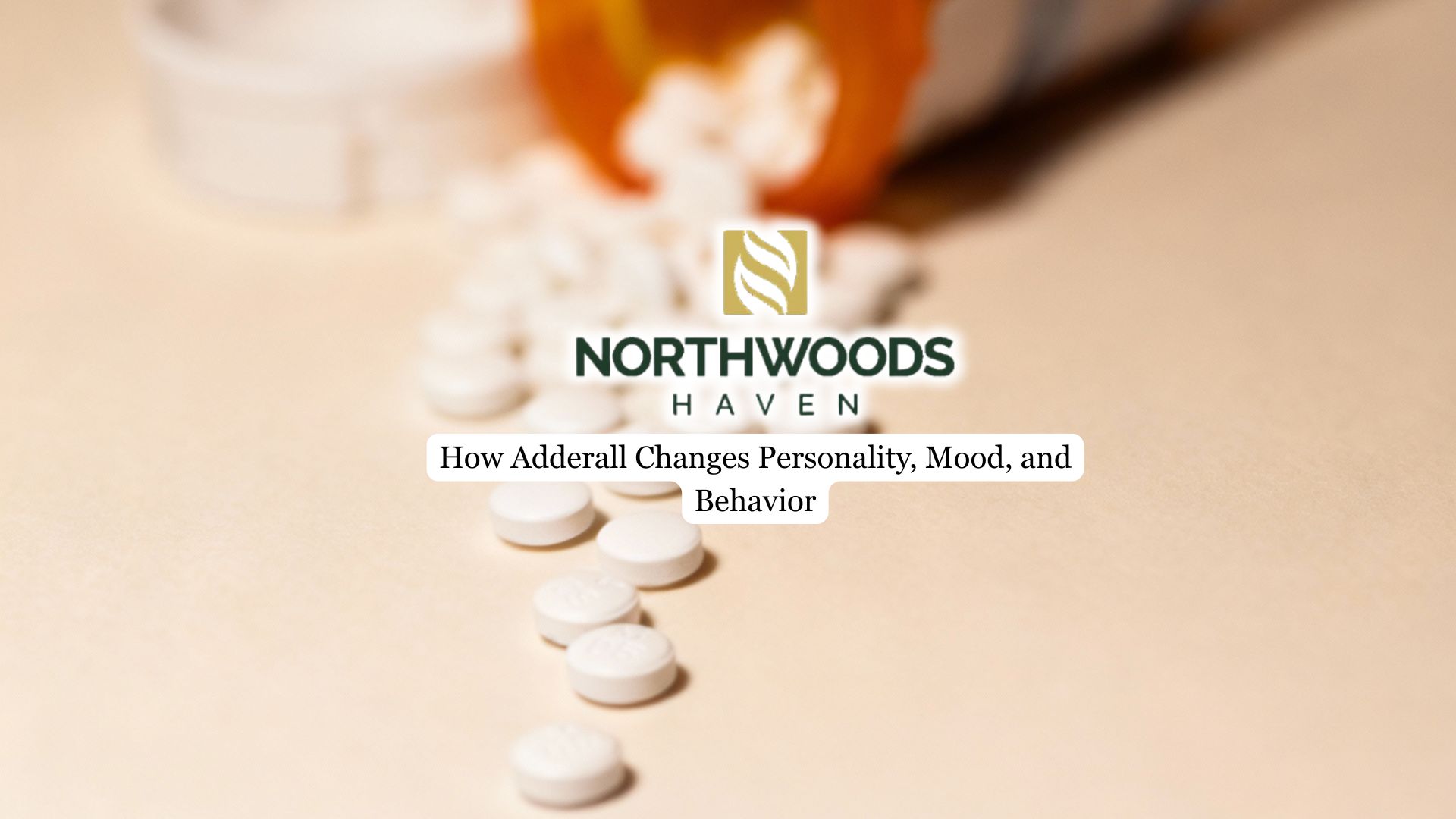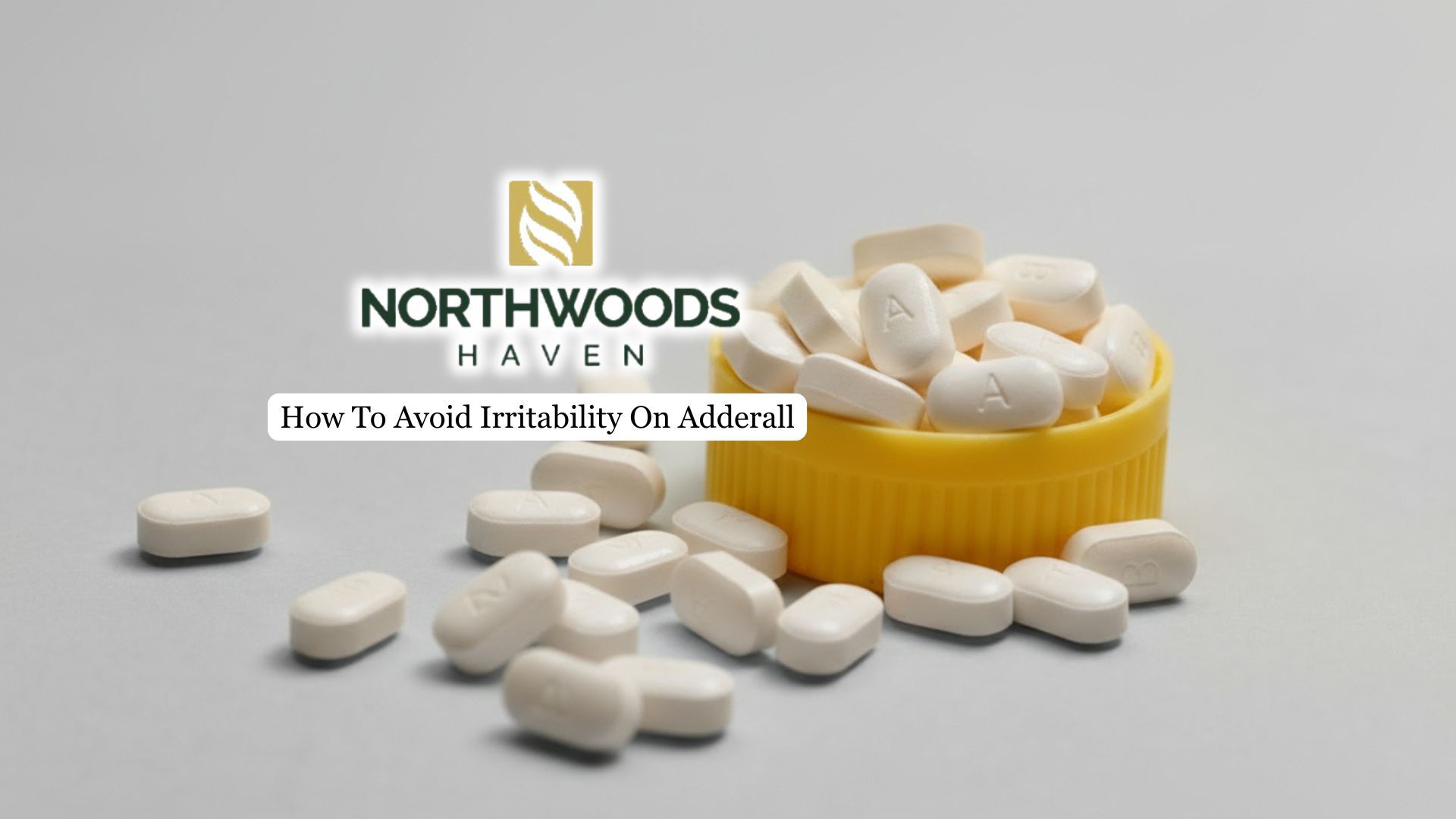Consuming alcohol often leads to a feeling of drowsiness, which has led many to believe that it can help them achieve a good night’s sleep. However, the relationship between alcohol and sleepiness is more complex than it may initially seem.
This article explores the science behind alcohol’s sedative effects and examines why the initial feeling of sleepiness can be misleading.
How Alcohol Affects the Central Nervous System
Alcohol’s primary effect on the central nervous system is to slow down brain activity, leading to the characteristic feelings of relaxation and drowsiness. When you drink, alcohol enhances the effects of GABA, a neurotransmitter that promotes sedation, while inhibiting glutamate, which is responsible for excitatory brain activity.
This interaction results in an overall slowdown of your central nervous system, impacting cognitive functions and motor skills. As blood alcohol levels rise, you may experience increased sleepiness; however, as these levels decline, alcohol’s effects can shift, disrupting your sleep patterns and reducing sleep quality.
Chronic alcohol use can profoundly alter neurotransmitter systems, leading to tolerance, dependence, and withdrawal symptoms, further underscoring its significant impact on the central nervous system and overall well-being.
If you’re concerned about your alcohol consumption or its effect on your sleep, don’t hesitate to reach out for professional alcohol use disorder treatment.
The Impact of Alcohol on Sleep Cycles and REM Sleep
Even moderate alcohol intake can lead to sleep fragmentation, characterized by frequent awakenings and altered sleep stages. This results in decreased overall sleep quality, as your body struggles to progress through the natural sleep cycles.
The diuretic effects of alcohol further contribute to sleep disturbances by increasing nighttime urination.
Over time, alcohol use correlates with a higher prevalence of chronic sleep disorders, such as insomnia. Studies indicate that between 36% and 91% of individuals with alcohol use disorder report experiencing insomnia symptoms.
While alcohol may seem like a quick fix for falling asleep, it ultimately compromises the restorative benefits of a good night’s rest.
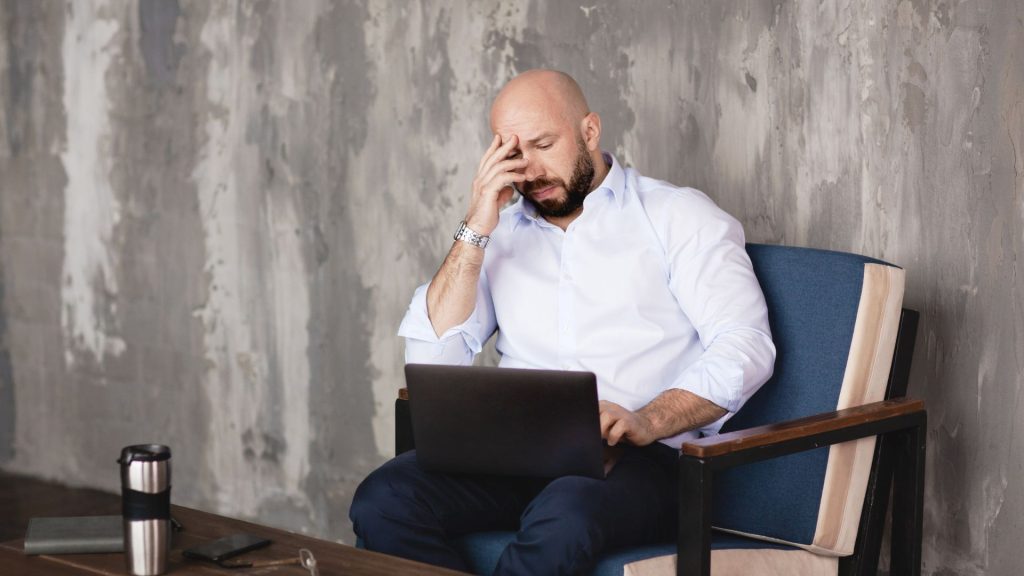
Alcohol’s Role in Sleep Disorders and Disturbances
Frequent alcohol use can worsen sleep apnea symptoms by relaxing throat muscles, increasing the risk of airway obstruction.
Approximately 30% of people with insomnia regularly consume alcohol as a sleep aid, despite its disruptive effects on REM sleep, which is essential for cognitive functions and emotional regulation.
Chronic alcohol consumption is linked to a higher prevalence of sleep disturbances, contributing to daytime fatigue and increased cardiovascular risks.
The Connection Between Alcohol, Sleepiness, and Fatigue
Alcohol consumption disrupts your sleep cycles, particularly reducing REM sleep, which is essential for feeling rested and refreshed.
Even light to moderate drinking can lead to fragmented sleep and persistent insomnia in up to 76% of individuals with alcohol use disorders. The diuretic effects of alcohol also contribute to increased nighttime urination, further disturbing your sleep.
Approximately 60% of people who consume alcohol report experiencing sleep disturbances, and chronic alcohol use is linked to a 40% increase in daytime fatigue among heavy drinkers.
Tips for Managing Alcohol-Induced Sleepiness and Improving Sleep Quality
Avoid alcohol consumption at least four hours before bedtime, as even small amounts can significantly disrupt sleep.
Stay hydrated by alternating alcoholic beverages with water to alleviate fatigue and dehydration.
Establish a consistent sleep routine and create a dark, cool sleep environment to enhance sleep hygiene.
Engage in relaxation techniques such as gentle stretching or breathing exercises before bed to promote better sleep and reduce grogginess after drinking.
If you’re looking for natural sleep aids, consider trying melatonin, valerian root, or magnesium instead of using alcohol.
Final Thoughts from Northwoods Haven Recovery
The short-term sleepiness caused by alcohol hides a more significant disturbance to your natural sleep cycles and overall health. If you catch yourself depending on alcohol to fall asleep or battling with alcohol abuse, it’s crucial to get professional assistance. In Minneapolis, Northwoods Haven provides customized alcohol addiction treatment plans aimed at addressing the underlying reasons for alcohol dependence and fostering long-term recovery.
